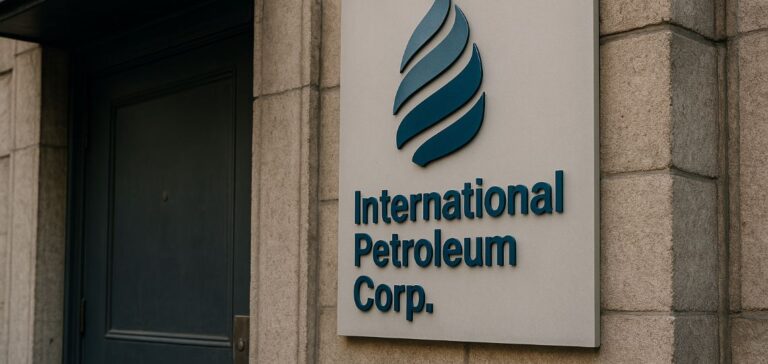International Petroleum Corporation, a Canadian oil and gas exploration and production company, announced the repurchase of a total of 277,060 of its own common shares between 7 and 11 April. This transaction forms part of its ongoing Normal Course Issuer Bid (NCIB), authorised since 5 December 2024 and scheduled to run until 4 December 2025.
Breakdown across Stockholm and Toronto markets
During the stated period, 198,000 shares were acquired via the Nasdaq Stockholm exchange, executed by brokerage firm Pareto Securities AB. Simultaneously, 79,060 shares were repurchased on the Toronto Stock Exchange (TSX) through ATB Securities Inc. All shares repurchased are scheduled to be cancelled, in compliance with regulations set by Canadian and Swedish market authorities.
Regulatory compliance and legal framework
The NCIB was implemented under the framework of the Market Abuse Regulation (EU) No 596/2014 and Commission Delegated Regulation (EU) No 2016/1052 on secure buyback practices, alongside applicable rules from Canadian and Swedish regulators. Full transaction details for the Nasdaq Stockholm activity during the period are available on the company’s official website.
Current status and remaining programme capacity
From the start of the programme on 5 December 2024 through to 11 April 2025, a total of 4,978,369 common shares have been repurchased. The NCIB permits the acquisition of up to 7,465,356 shares over the twelve-month period. As of 11 April, International Petroleum Corporation reported 115,176,514 outstanding common shares, with 484,000 held in treasury.





















